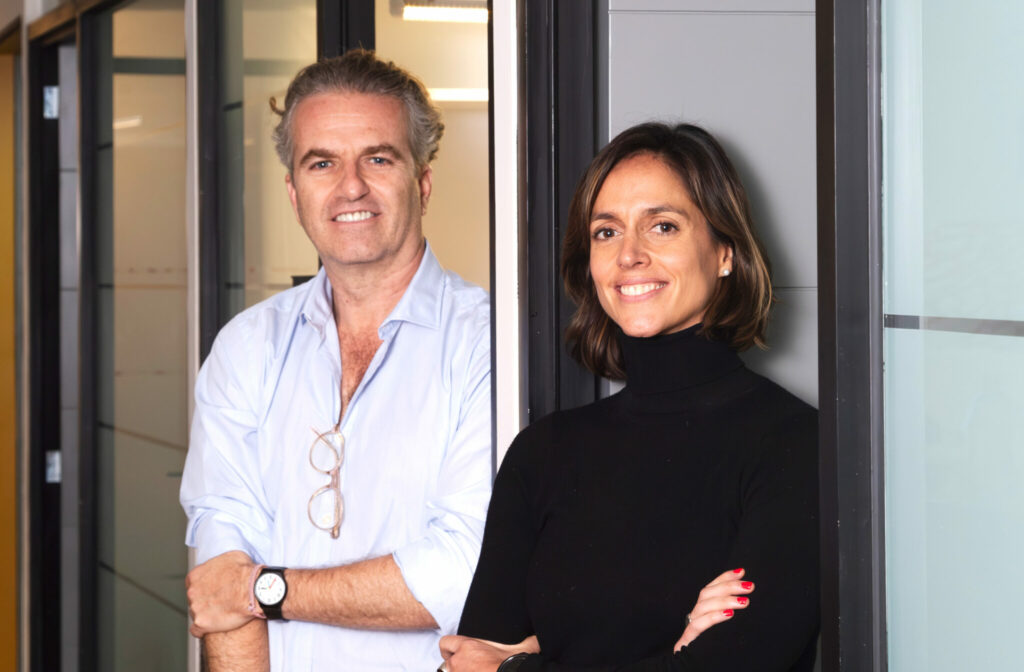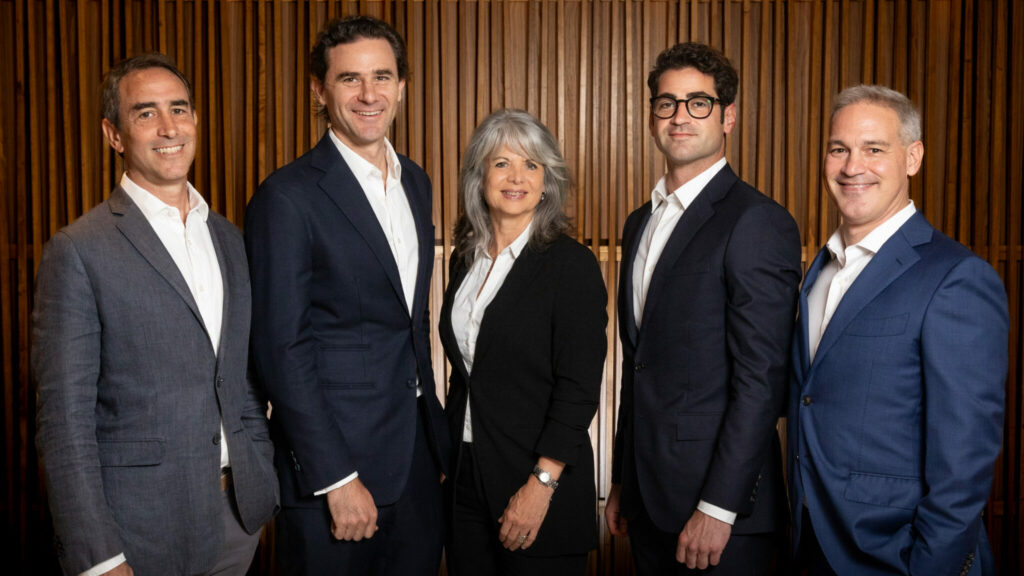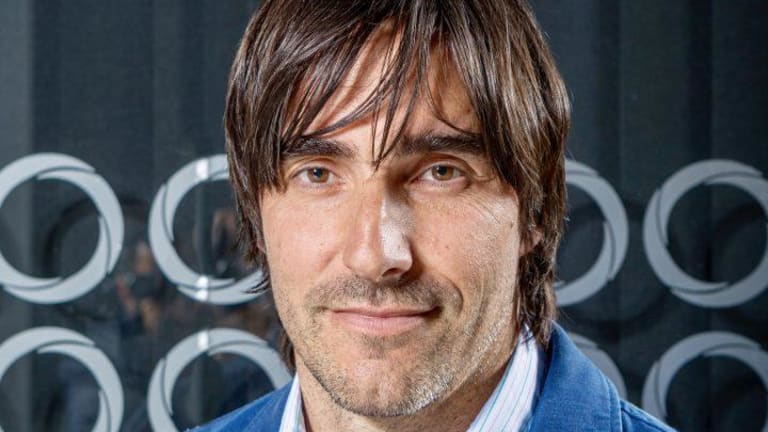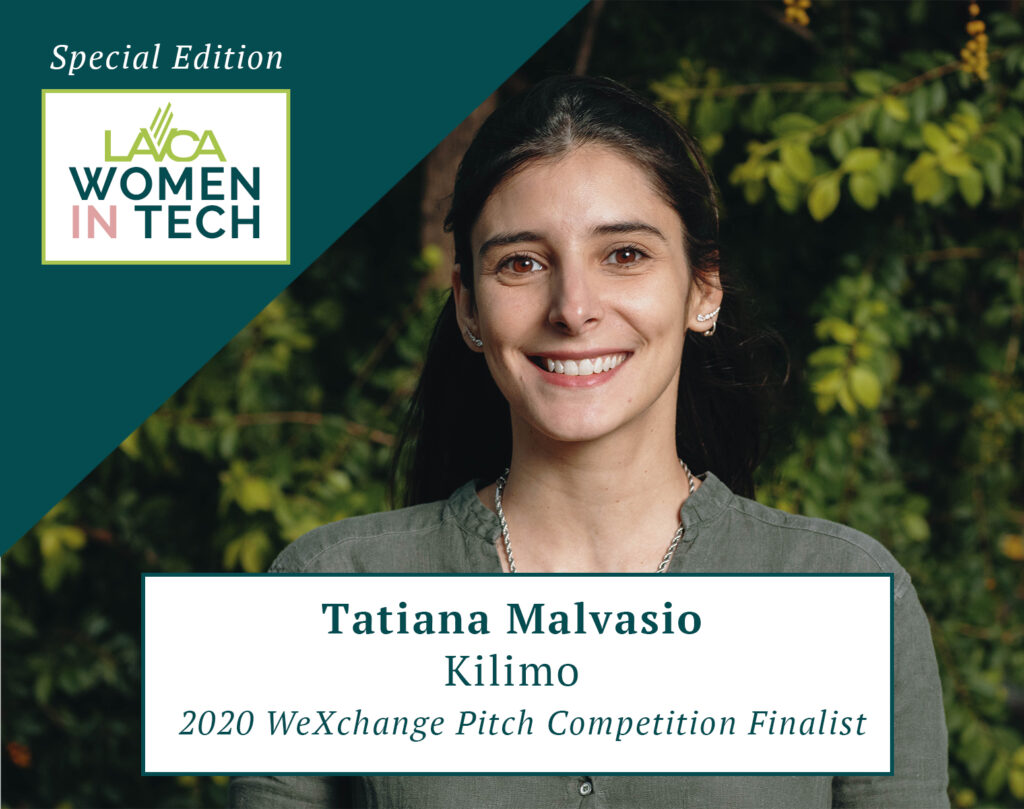Entrepreneur Profiles
Entrepreneur Profile: An Inteview with Enrique Z. Coronado, Por ti, Familia
24 May 2012

CEO of Peruvian startup, Por ti, Familia, Enrique Coronado tells LAVCA about the thrills and challenges of leaving a career in finance to start a company in his home country.
LAVCA: Give us the Por ti, Familia elevator pitch.
 Coronado: Por ti, Familia (PTF) is a venture-backed healthcare company founded in May 2009 with the objective to provide high-quality affordable primary care to Peru’s emerging middle class.
Coronado: Por ti, Familia (PTF) is a venture-backed healthcare company founded in May 2009 with the objective to provide high-quality affordable primary care to Peru’s emerging middle class.
Our business model entails establishing retail storefronts that combine a doctor’s office, a pharmacy and lab testing services in the same location. In addition, PTF locations are organized through a hub-and-spoke operating structure whereby satellite locations drive specialty patient flow to a central location.
Finally, PTF benefits from cross-selling pharmaceutical products and health care services while providing customers with integrated primary care solutions capturing the out-of-pocket healthcare spending of the 68% of the urban Peruvian population who are currently uninsured.
LAVCA: How did you come up with your business idea?
Coronado: It all started while getting my MBA at Columbia University. During my first year, I got involved in a project to write a case study on enabling good health in Mexico’s low income communities through pharmacy franchising.
Over a decade ago, Mexican pharmacy chains had started to integrate doctor consultations into the traditional drug store model and it had worked really well in low-income communities where the presence of government hospitals was limited. However, in the Mexican business model the pharmacy remained at the forefront of the model giving more importance to medicines consumption than to doctor consultations. As a result, the model increased self-medication in the communities generating a higher risk to the proliferation of drug-resistant bacteria and damaging the chain’s brand image in the mid-term.
I saw an opportunity to improve the model and take it to Peru, my home country, which also had a large and underserved healthcare market. To reduce the impact in self-medication, PTF’s concept was developed around the doctor consultation and not the pharmacy. In PTF, a sick patient sees first a qualified primary care physician for a minimum price and then has access to our discounted medicines and laboratory testing services.
LAVCA: As a first time entrepreneur what has surprised you the most about running a company?
Coronado: Establishing PTF has been quite a life changing experience. I co-founded the company with my brother Ian, the operations/marketing guy; and my cousin Juan Manuel, the doctor.
Prior to PTF, I had been living abroad for over ten years and had a promising career in finance in London. It was right after we secured our Series A round of equity that I had to make a very tough decision in order to seize a risky but unique opportunity: return to Peru to build a company from scratch.
We had a very detailed business plan, but it is only once you are on the ground that you realize that transforming a dream into reality takes much more than a great idea and passion – it takes perseverance and resilience. PTF is an execution play, as such, soon we learned that innovation is more about ‘how you do things’ rather than ‘what you do’.
LAVCA: You’ve raised about US$2.5M in financing so far. Can you tell us about the different types of investors you’ve worked with?
Coronado: PTF was launched with the help of friends, family and Rose Tech Ventures, an early stage investment fund based in NYC, whose founder was a regular speaker in one of my classes at the Columbia Business School. I actually gave David my pitch in the Uris Hall elevator right after a class he taught and that got me a meeting at his office and later on his trust.
Three years later and having accomplished several milestones, we have been able access a network of institutional investors with an interest in participating in our Series B round of equity in mid-2012 to finance an aggressive growth campaign in 2013 and reach critical mass by 2015. These larger investors were either introduced by our initial investors or were participating at investment forums where we showcased PTF’s model.
Managing investor expectations is paramount, particularly in our case since PTF not only has a for-profit objective but also a social one. Once a year we invite our key stakeholders to an in-person event and always start the meetings by explaining how our mission, vision, purpose and values have played towards achieving our profit and social targets.
LAVCA: What is your most pressing strategic challenge right now?
Coronado: Our most pressing challenge is to replicate our model in a systematic and cost-effective manner, ensuring affordability without compromising on quality and consistency.
PTF is a services company and depends on its employees to perform and to generate customer loyalty. In each PTF location there are people working in multiple roles that have direct contact with our customers so we ensure that each of these interactions is consistent in quality. To do so, we believe in the power of corporate values entangled with operating processes and training to generate customer loyalty and build a sustainable business.
LAVCA: Who is your competition? What do you see as your competitive advantage?
Coronado: 67% of Peru’s health care supply is constituted by hospitals. In urban areas more patients are in need of primary care than hospitalization. The public sector faces financial and operational challenges due to this misalignment.
The private sector is fragmented with many mom-and-pop type businesses. Pharmacies are separate from these facilities and branded drugs are the norm, creating artificially high costs.
Selling generic medicines allows PTF to offer low prices while maintaining high margins and customer trust. At the same time, worldwide best practices applied in PTF are providing higher employee productivity and lower overhead costs.
LAVCA: Where do you see Por ti, Familia five years from now?
Coronado: I see PTF as scalable technology for transforming a need for affordable health care into a market. PTF’s technology would teach people in emerging sectors to take better care of themselves by diagnosing diseases and dispensing certified medicines in an affordable manner. The potential is tremendous and I would not disregard the possibility to scaling PTF’s model in other emerging economies.
LAVCA: What are your thoughts on entrepreneurship in Peru? What changes would you like to see that would help spur the development of the startup community?
Coronado: Peru is a country full of resilient entrepreneurs that have been pushed into this fortune due to the lack of formal employment opportunities. However, this fact has had a great influence in people’s creative spirit, which can been very easily perceived in the restaurant sector and especially in the sophistication and internationalization of the Peruvian gastronomy. Such phenomenon – people’s creative spirit – represents a great opportunity to form high potential entrepreneurs.
I think that unleashing entrepreneurship in Peru requires getting the government and the private sector working together in an effort that is twofold. I propose the creation of entrepreneurial incubators where the best projects (maybe sifted by universities and technical schools) access to two things: start-up capital and technical assistance. This combination will allow the formation of companies within the formal economy increasing taxation, formal employment rates and internal consumption; and if these endeavors are managed correctly the private investment sector would also benefit from larger market for debt and equity financing.
You may be interested in...
-

Is AI a Thing in Latin America? In Conversation with Hi Ventures
LAVCA sits down with Hi Venture to discuss their evolving thesis and vision for...
-

The Future of B2B Startup Investing in LatAm: In Conversation with NXTP
NXTP Ventures recently reached a USD98m final close for NXTP Fund III, its third...
-

A 20-Year Journey: An Interview with Technisys CEO Miguel Santos
Company: Technisys Investors: KASZEK, Dalus Capital, Riverwood Capital Interview...
-

Satellite Analytics & Irrigation Systems: Interview with Kilimo COO Tatiana Malvasio
Company: Kilimo Investors: NXTP Ventures, Alaya Capital, The Yield Lab, Xpand...